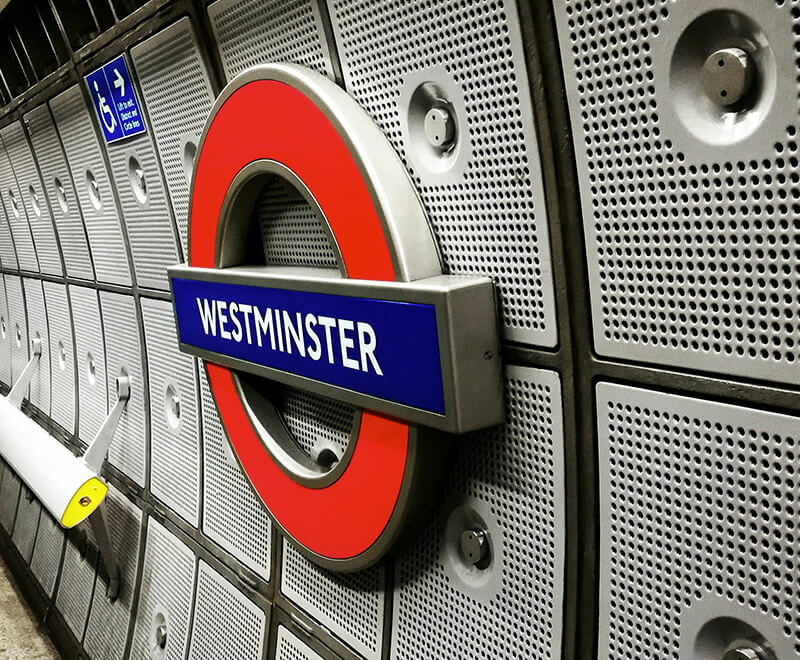Yesterday Philip Hammond outlined the Government’s ambition to include financial services as part of a wide ranging free trade deal with the European Union. Pagefield’s David Leslie analyses what this means for institutions and what to look out for as negotiations rumble on.
What happened?
Following the Prime Minister’s speech last week in which she outlined her plans for the UK’s future relationship with the European Union (EU), The Chancellor Philip Hammond today sought to convince the EU that financial services should be included as part of a wide ranging free trade deal.
His speech came at a critical point in the Brexit negotiations and just hours after EU Council President Donald Tusk had ruled out the inclusion of financial services in a trade deal in the EU’s phase two negotiating guidelines.
What did he say?
Like the Prime Minister last week, the Chancellor’s speech accepted that things will change after Brexit, and called on the City to adapt in order to make a success of the opportunities. His call to secure the transition period and avoid a “cliff edge” will be well received by all, buying the Government, the EU and – importantly – business until December 2020 to ready them for life outside of the EU.
He also noted that the EU has tried to pursue free trade agreements with countries that have far less regulatory alignment, and also pointed out the bespoke relationships the EU has with Turkey, Canada and Korea – who all have varying degrees of market access.
In terms of a specific framework for EU/UK financial services, the Chancellor set out three measures for post-Brexit financial services:
-
- Full alignment from day 1: The UK would look to shape a regime to manage future regulatory change that ensures while rule systems may evolve separately, we deliver full equivalent regulatory outcomes. The Chancellor said that the UK cannot be a rule taker and must have the ability to deliver equivalent outcomes by different means.
-
- Continued close supervisory co-operation: The UK will cease to be part of EU supervisory agencies but there is “no reason” that the UK cannot maintain a very close working relationship. Hammond said this would be an essential part of supporting the regulatory equivalence – and could be carried out through extensive information exchange authorised by sharing agreements upheld by the Free Trade Agreement.
-
- Institutional processes: There will be certain circumstances when the UK/EU choose not to maintain equivalent outcomes, and steps need to be taken to address how the future partnership would work in such circumstances. Hammond said that any consequences of divergence would need to be reasonable, proportionate and applied in a predictable manner, and delivered by an independent arbitration mechanism – noting that mechanisms to ensure this already exist in free trade agreements (including EU/Canada Comprehensive Economic Trade Agreement).
How did it go down?
Reaction was broadly positive from the business community; with lobby group City UK commending the Chancellor for setting out a “compelling case” for why a bespoke Brexit trade deal should include financial services. Similarly, the CBI said that “Challenging the assumption that financial services can’t be in a future trade agreement” was in the best interests of both the UK and Europe.
Politically the truce within the Conservative Party seems to be holding over Brexit, with no outspoken comments from the awkward squad following the speech. John McDonnell MP, Shadow Chancellor, criticised the approach, saying that by basing our agreement on TTIP, the government will be “taking power away from Parliament and into the hands of corporate lawyers.”
What’s next?
This speech has drawn the battle lines for negotiations to come, with the Chancellor directly challenging the position of Donald Tusk and the EU. The Chancellor fought back against suggestion that cherry picking wasn’t possible; when deals the EU have done in the past with third countries have been bespoke. Expect to hear a lot more about this from the UK side, particularly with regards to TTIP and – bizarrely in this context – fishing rights, something the EU has said it would like to “cherry pick” from the UK in exchange for the tariff free trade of some goods and services.
The next big Brexit set piece event is the European Council meeting on 23 March, where the UK hope for the transition period to be agreed and approved. If this date slips, businesses, politicians and markets will be on high alert as the cliff edge gets steadily closer.



